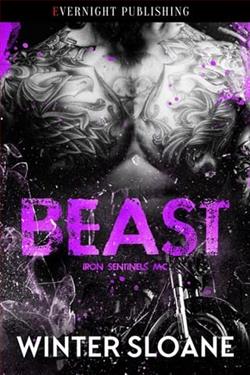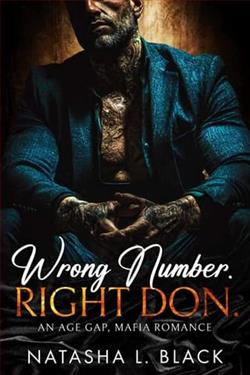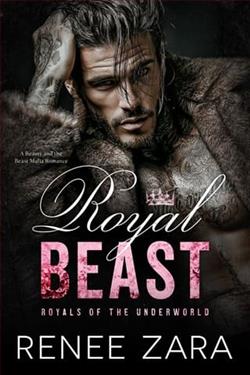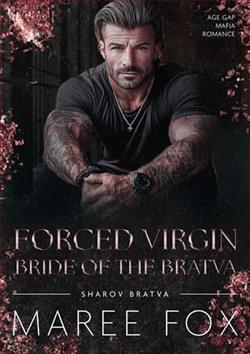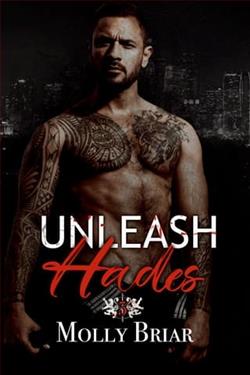Page 101 of Forced Plus-Size Bride of the Bratva
One year. It’s been one year since Matías Ortega bled out on cracked concrete, since the war that had been coming for a decade ended not with a roar, but with a silence so profound it still echoes in my bones.
My father was freed two months after Matías’s death.
It wasn’t an easy decision. Andrei could’ve refused. Could’ve buried him in some forgotten cell the same way Matías tried to bury Maxim. When the evidence came—the footage, the testimonies Maxim unearthed—there was no denying the truth anymore. Matías had orchestrated everything. Pulled the strings. My father had been a pawn. A willing one, yes—but a pawn all the same.
Andrei allowed his release not out of forgiveness.
He still looks at my father like a man weighing a loaded gun. No, he allowed it because it was over.
Dragging the past behind us like a rotting corpse would only slow the future he’s trying to build.
Finality. A clean break, if such a thing exists.
The past still lingers, of course. It always will. It’s stitched into the walls, into the scars across Andrei’s body, into the way Maxim sometimes stares too long at the river when he thinks no one is watching.
It doesn’t dictate every breath anymore. It doesn’t own us.
Maxim… Maxim surprised everyone.
Instead of picking up a gun and slotting back into the Bratva like a missing piece, he carved a new space for himself.
An ambassador, not a soldier.
He’s the face we send to broker alliances now, the name whispered in circles where diplomacy holds more weight than brute force. He’s still deadly, still sharp as broken glass when he needs to be—but he wields his influence like a scalpel instead of a hammer.
And under the three of us, the Bratva thrives.
I stayed.
In those first fragile weeks after the dust settled, I expected to run. I thought I would wake up one morning and find the strength to walk away—to slip out through the gilded gates, back into the world that no longer fit me. Back into a life where blood wasn’t a constant whisper beneath the surface.
That morning never came.
Instead, I carved out a space here. Beside Andrei, not beneath him. Learning the rules of this world—the old alliances, the endless betrayals, the silent codes that dictate life and death—and molding them into something I could live with.
I’m not part of every operation. I don’t need to be.
I don’t sit at the table when territory lines are drawn in blood, or when vengeance demands a price in bodies.
I know enough. Enough that when I walk through the estate now, men nod to me with a quiet respect that once would’ve seemed impossible. Not deference. Not fear.
Recognition. They know I didn’t break. They know who I am to Andrei.
Maybe more importantly—who I am to myself.
Life here isn’t the life I once imagined, but it’s a life I’ve made mine. Mornings are my favorite.
The quiet ones when the world outside the gates still sleeps, and I find Andrei in the study, half dressed, reading the papers with a glass of black coffee in his hand. Sometimes he barely looks up when I slip into the room, but he always shifts his body just slightly—making space for me without needing to ask.
Sometimes we sit in silence.
Sometimes he reads headlines aloud, voice low and rough from sleep, while I pretend not to be amused at how much he cares about things he pretends to disdain.
Other days are busier—planning charity events, smoothing out the rough edges of Bratva business with a public face that smiles and raises money for children’s hospitals and art museums. Cover for the real work. Armor woven from silk and champagne.
I’ve become good at it. Better than I thought I could be.
Sometimes—rare, precious nights—I find myself laughing over dinner with Maxim, our conversations wandering into absurdity no one else would dare speak aloud. The way only people touched by the same violence can laugh—sharp and bright and necessary.











